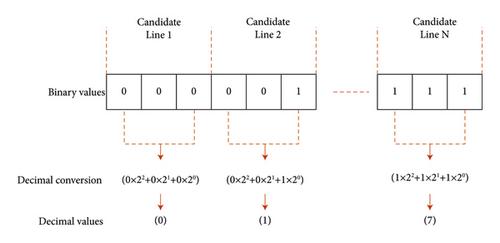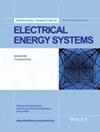Long-Term Multiyear Transmission Expansion Planning in Turkish Power System
Abstract
To sustain the clean energy transition without interruption and to ensure the reliable operation of the transmission system, it is required to have enough additional transmission capacity in the future horizons. The transmission expansion planning (TEP) problem is a core issue in deciding additional transmission capacity in the planning activities. TEP aims to find the best expansion plan while satisfying technical and economic constraints. In this study, a new binary version of the original FBI algorithm called the BFBI (binary forensic-based investigation) algorithm is developed to solve the binary TEP problem. The effectiveness and performance of the developed BFBI are assessed by implementing it in two different test systems: the standard Garver 6-bus test system and the modified 400 kV Turkish grid. Seasonal scenarios are created for 5- and 10-year planning periods to cover all possible generation and load conditions and to assess the impact of the increased share of RES on the grid in the TEP studies conducted for the modified 400 kV Turkish grid created as a bulk realistic grid. The TEP problem is solved by including investment, reliability, and operational costs in two different objective functions for cases while considering the N-1 contingency criterion. The efficacy and robustness of the BFBI algorithm are justified by comparing it with well-known algorithms such as GA and PSO.


 求助内容:
求助内容: 应助结果提醒方式:
应助结果提醒方式:


